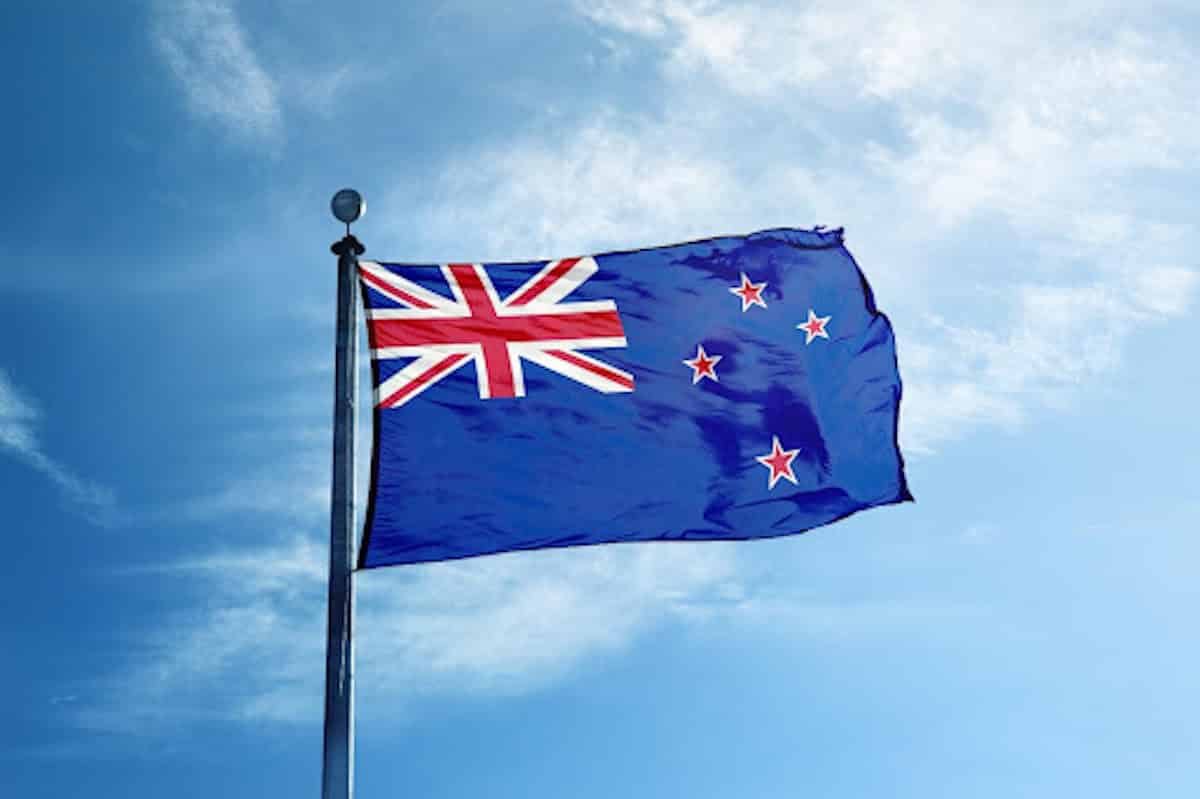Table of Contents
The New Zealand Government recently revealed that it had set aside NZ$76.1 million to implement policies aimed at preventing and minimizing the harm done by gambling. The government’s lasted three-year integrated problem gambling strategy plan, which will run until 2025, is a significant acknowledgement of the seriousness of the problem for the country as a whole.
There’s simply no denying that online gambling has become a highly popular and sought-after pastime activity amongst kiwis. With so many offers up for grabs, it’s not all that surprising. One example of these promotions is no deposit NZ free spins bonuses, which are very popular at NZ online casinos. But when does a fun activity becomes too much, and who decides it’s time to draw the line and call it quits? Hence the need to invest in and promote the importance of responsible gambling.
The Severity of Problem Gambling In New Zealand
Between 2020-21, New Zealand saw gambling expenditure reach record levels, with NZ$2.62 billion being spent on non-casino gaming machine operators (NCGM’s), Lotto NZ, TAB NZ and casinos combined. Furthermore, New Zealand’s Ministry of Health reported that they predict a 24.6% increase in gambling services expenditure between 2022-25, despite the fact the proportion of the country’s population at risk from the harms caused by gambling is actually at its lowest since the early 1990s.
Identifying High-Risk Groups
Although the statistics for the country as a whole look alarming, the truth is there are certain demographic groups that feel the implications of gambling harm more profoundly than most others. From their research findings, the Ministry identified several areas that they felt needed to be targeted in the next few years.
In particular, they found that Pacific and Maori populations and certain sectors of the country’s Asian demographic experienced disproportionate levels of harm due to gambling activities. They also noted that those living in areas of social deprivation were also more susceptible to the risks and harms of gambling thanks to increased levels of exposure to gambling products as a result of online gambling.
The Plan Moving Forward
Between 2019-22, the Ministry of Health invested around NZ$ 60.32 million in tackling gambling-related problems. However, as a result of the escalating severity of the issues, they have now decided to increase spending by a further NZ$15.8 million in the coming 3-year period from 2022-25.
The total spend of NZ$76.12 million will be funded by an increased levy on four principal gambling segments in New Zealand, namely NCGMs, Lotto NZ, TAB NZ and casinos. The levy on gaming machines will increase to a rate of 1.08% of player expenditure which is 0.3% higher than the rate in previous years. Casino levies will increase from 0.56% of win expenditure to 0.87%. TAB NZ will now need to contribute 0.76% of their betting profits compared to the previous figure of 0.52%. Lotto NZ will pay 0.44% of its turnover less prizes paid, which is an increase of just 0.01%.
How The Increased Investment Will Be Spent
Increasing investment and acknowledging the nature of the issues caused by gambling is one thing, but it is important for the money to be spent wisely if New Zealand wants to see real progress in terms of reducing the implications of gambling harm.
The Ministry plans to spend the bulk of its investment (NZ$34.2 million) on clinical intervention and support. A further NZ$24.8 million has been set aside for public health services, with NZ$ being earmarked for new services and innovation while NZ$2.4 million will be reserved for operational expenses. They have, however, decided to cut spending in the area of research and evaluation to just NZ$5.6 million.
New Zealand’s Minister of Health, Andrew Little, has said that this new funding strategy with regard to gambling harm is in alignment with the country’s broader reform of the health and disability system and the new mental health system that they have been implementing since 2019.
The most notable strategic changes include increasing awareness and engagement with people at risk, a greater focus on targeted public health initiatives developed in collaboration with priority populations, especially the youth and strengthening partnerships in terms of service delivery.
An Ambitious Plan With Some Resistance
There is no doubt about it; the New Zealand Government’s plan for the next three years is a bold step towards assuaging problem gambling which not only has implications for individuals but broader communities too.
Naturally, however, there has been some resistance to the proposed changes. Clubs New Zealand, a trade group representing more than 300 clubs in New Zealand, has expressed a level of skepticism towards the levy hikes that are expected to provide funding for the plans.
A spokesperson for Clubs New Zealand recently expressed the sentiment that they were not against the concept of the levy per se but rather the way the government implemented it. They said that evidence proves that despite investment in this area since 2012, the level of harm had not been reduced due to the fact that most of the services being provided were underutilized.


